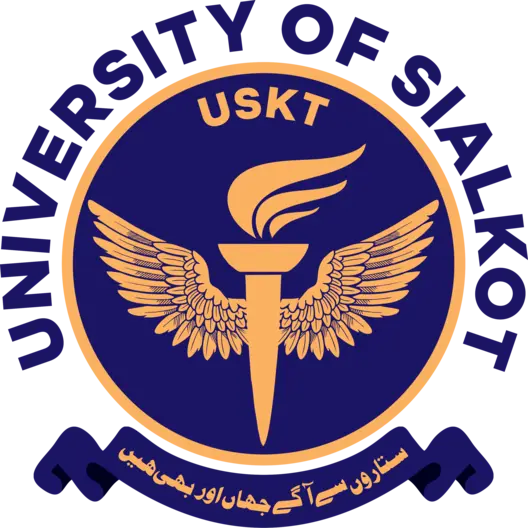In the current era due to the availability of digital facility, the educators are deviated
more towards online sources. University teachers are highly tilted towards online
assessments and activities by using the software provided by the book sellers. This
trajectory has eliminated the power of critical thinking among the faculty of higher
education institutes. The priorities of the students and academicians are different and
that are even different from the priorities of the top management of the universities. The
reviewed literature has shown a significant failure of critical thinking and limit the
capacity to think critically to certain boundaries or contexts. Therefore, this qualitative
study is focused towards understanding the current state of critical thinking as per the
academicians and the students in the developing countries like Pakistan. For the said
purpose qualitative study has been conducted in the universities that are operating in
Islamabad Pakistan and the data has been collected though the open-ended
questionnaires containing six questions for faculty and four questions for the students.
Voluntary participation was done, and the respondents were kept anonymous. The
findings revealed that the perspective of the students and the faculty is slightly different
however the understanding of both regarding critical thinking is somewhat similar. The
students are more decimated towards outcomes whereas, faculty is more deviated
towards teaching methodology. The findings are significant especially for the
academicians in understanding that students’ interest can be gained by developing
assessments that are related to critical thinking. The findings are also important for the
top management as well as the policy makers to develop policies for the education that
should be supportive of critical thinking..
KEYWORDS: Critical thinking, academicians, students, learning

